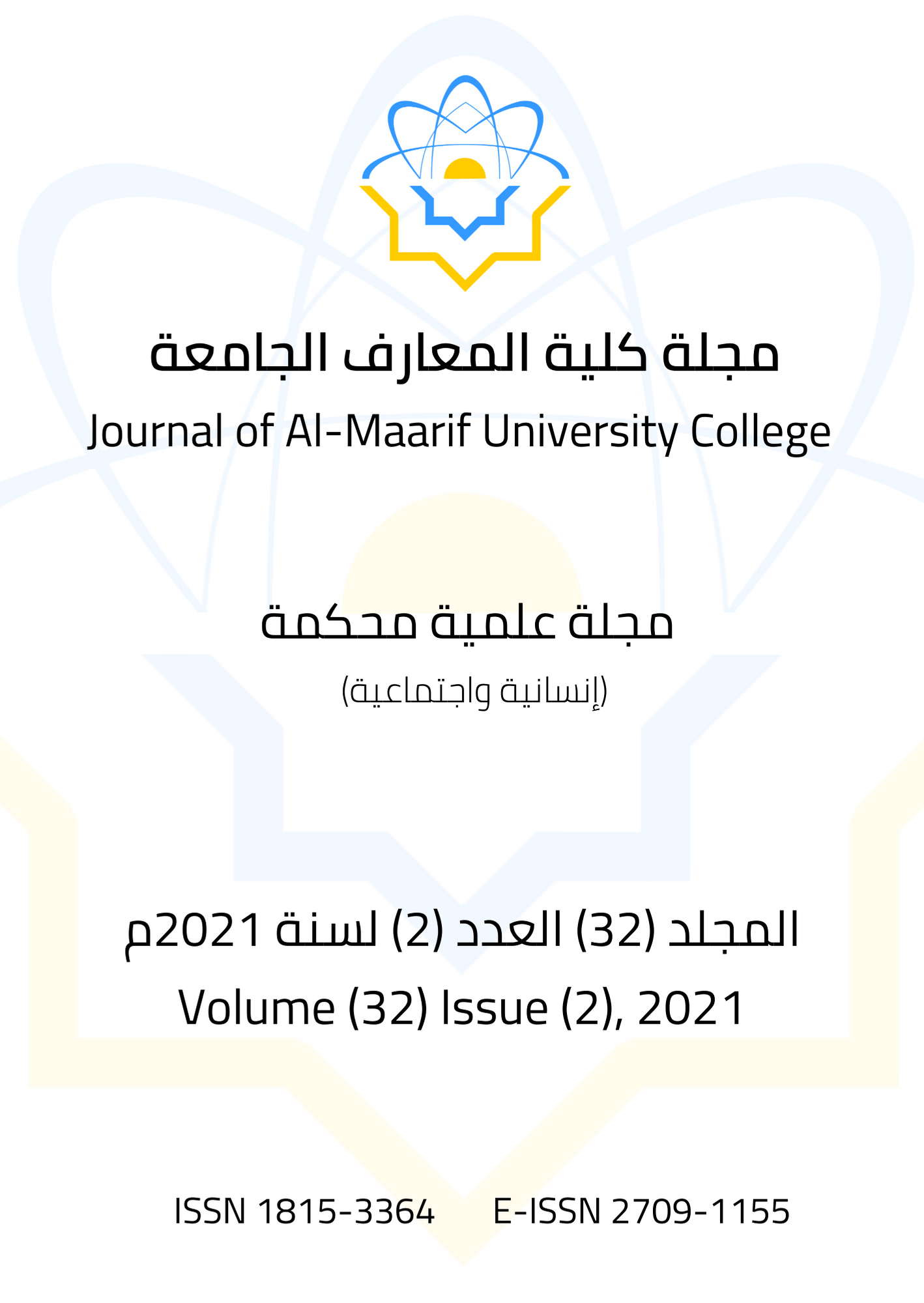Religious Reasons and Motives for The Phenomenon of Excluding Scholars in The Arab Islamic State in The Abbasid Era
Main Article Content
Abstract
https://doi.org/10.51345/.v32i2.372.g214
Despite the great position that the scholars enjoyed in the Arab Islamic state, especially in the Abbasid era، where the successors of this state were interested in science and scholars, and Islamic culture reached its peak in this era, but many scholars were subjected to exclusion and persecution in the Abbasid era، and the motives that were many It led to their expulsion, and the religious motive was one of the most important motives that led to the exclusion of scholars, and the exclusion decisions varied in terms of positivity and negativity. For example, the decision to exclude scholars who were accused of heresy was one of the right decisions that brought positive results to the Arab Islamic state, so the state got rid of Heretics and destructive ideas that would destroy the Islamic community. As for the negative decisions to exclude scholars, they were excluded from the plight of creating the Qur’an that negatively affected the Islamic state. Their loss was the most important negative impact of the plight of creating the Qur’an.
Article Details

This work is licensed under a Creative Commons Attribution-NonCommercial-ShareAlike 4.0 International License.

